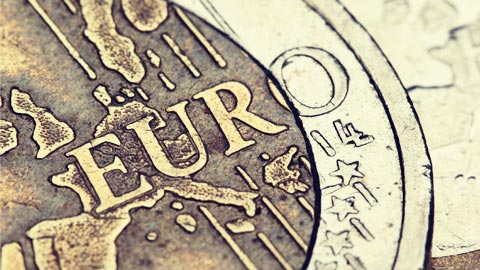Why Europe Must Adopt a Digital Euro to Combat Economic Coercion, According to ECB Economist
European lawmakers are on the brink of a significant decision regarding the digital euro, with a rollout expected by the end of the year. This pivotal moment comes as Europe navigates a complex geopolitical landscape, particularly in light of the strained relationship with the United States under the Trump administration, which has accused the EU of being formed to undermine American interests. As the world shifts towards a more multipolar monetary system, the importance of a digital euro becomes increasingly clear.
Understanding the Digital Euro Initiative
The digital euro is not just a response to technological advancements; it is a strategic move to enhance Europe’s financial autonomy. According to Lane, a prominent expert speaking at a recent conference in Cork, the current global dynamics are reshaping how currencies and payment systems are perceived and utilized.
The Challenge of Dependency
Currently, European financial infrastructure is heavily reliant on foreign entities:
- Visa and Mastercard handle approximately 65% of card payments in the euro area.
- American tech giants like Apple, Google, and PayPal are increasingly dominating the market.
This reliance poses risks, as Lane warns that it exposes Europe to economic pressures and limits its strategic autonomy.
The Rise of Stablecoins
Another emerging challenge is the proliferation of stablecoins, with an overwhelming 99% of the market linked to the US dollar. Lane highlights the implications:
- Stablecoins could diminish the role of central bank money in the payment system.
- If backed by foreign assets, they could lead to a form of digital dollarization.
- This would undermine Europe’s monetary sovereignty, affecting control over its currency.
The Promise of a Digital Euro
In light of these challenges, Lane advocates for the digital euro as a viable solution to safeguard Europe’s financial future. He emphasizes:
- The digital euro will help mitigate risks associated with dependency on foreign payment systems.
- It will allow Europe to maintain control over its monetary policy and financial landscape.
Lane concludes that the digital euro is essential not only for adapting to the digital age but also for asserting Europe’s financial independence amid growing geopolitical fragmentation.
For more insights into the future of digital currencies, you can visit the European Central Bank or explore the implications of digital finance at the International Monetary Fund.







